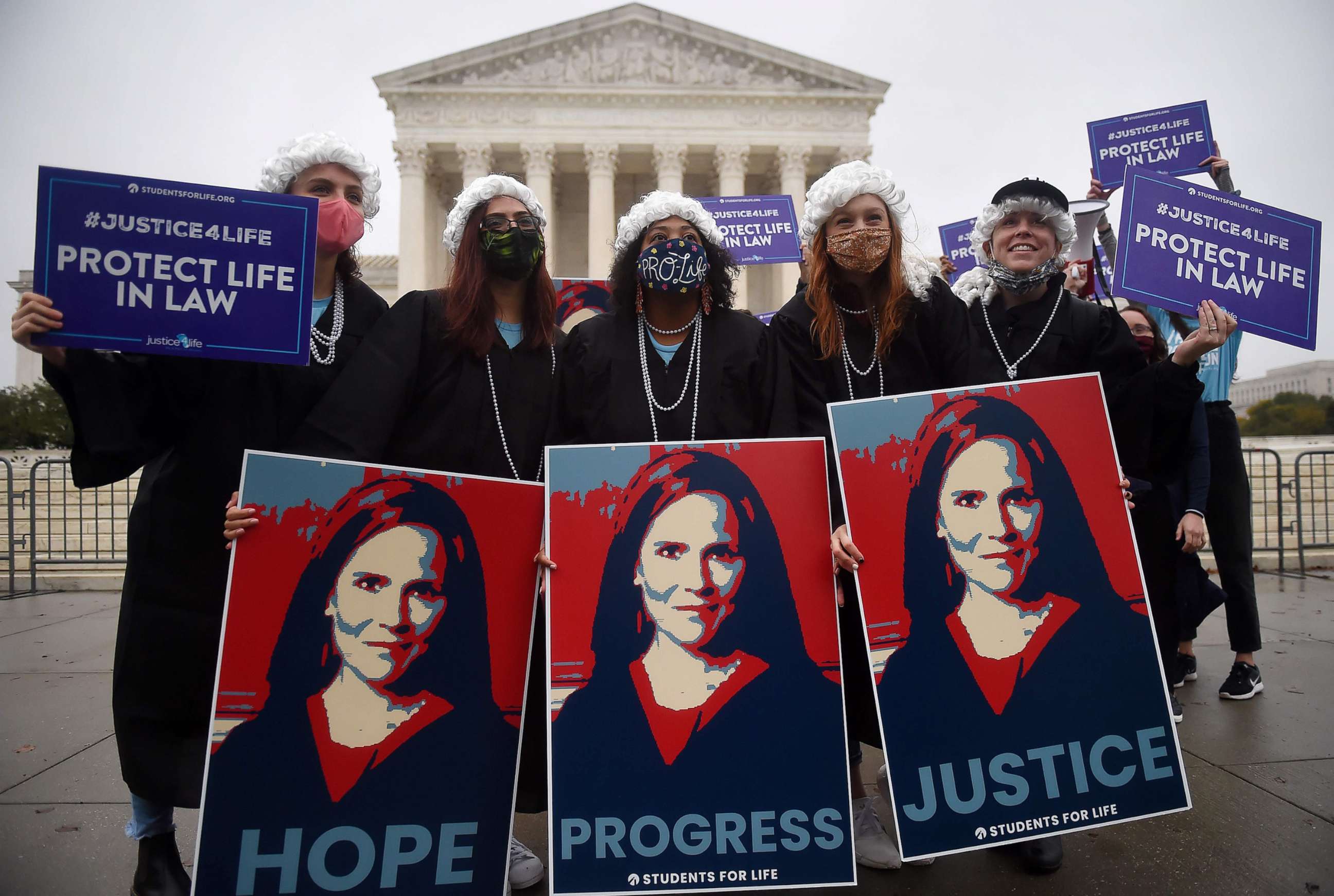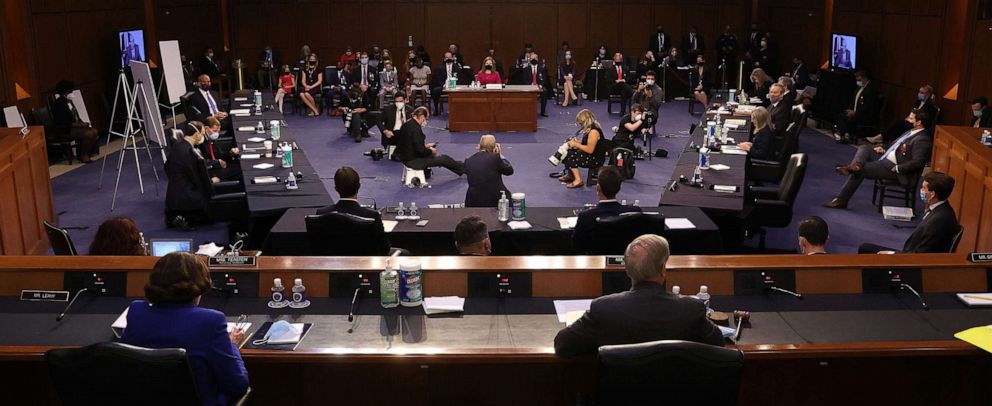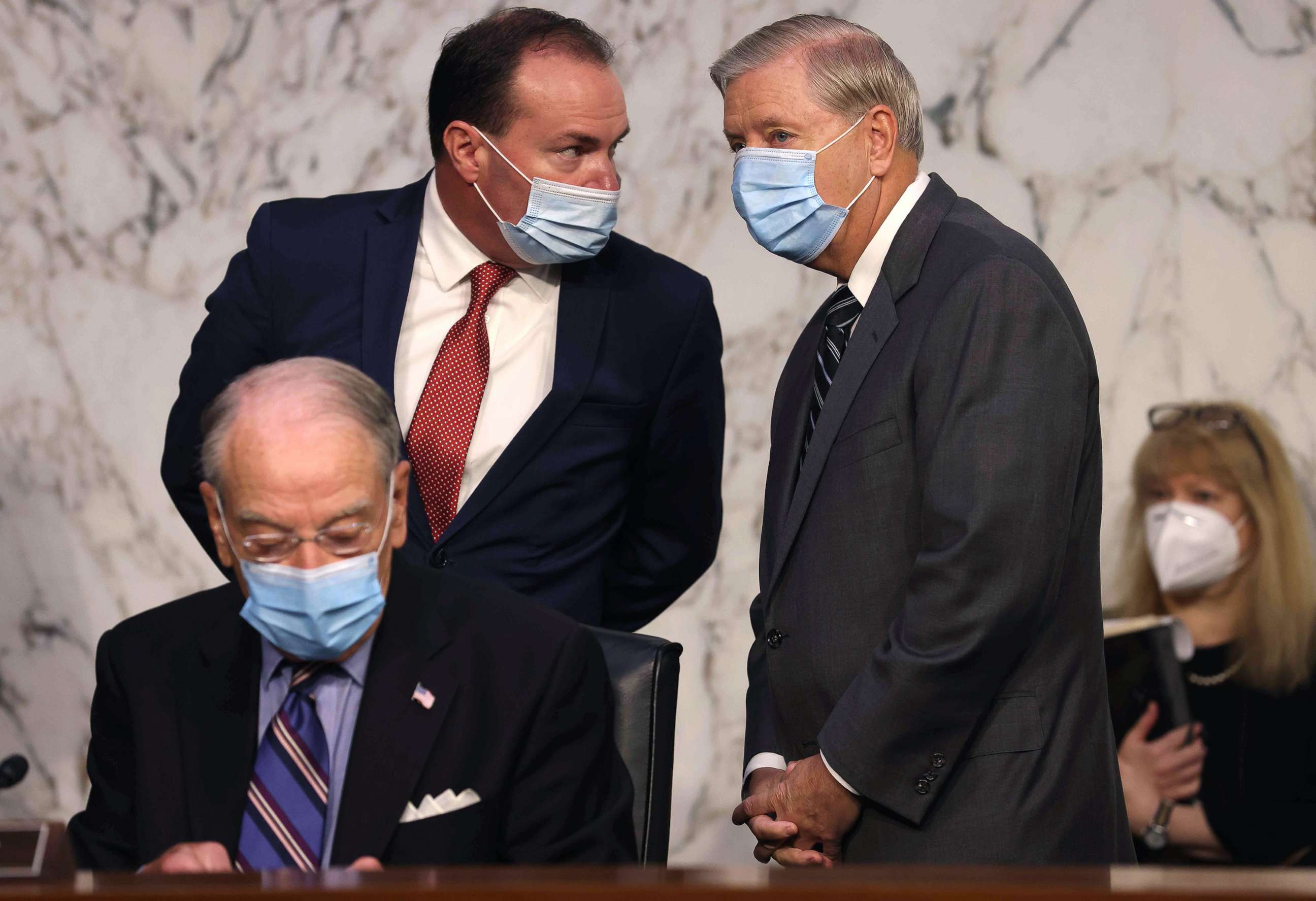Leahy hits on dangers of holding high-stakes hearing, says his constituents are ‘scared’ of Barrett's nomination
Sen. Patrick Leahy, D-Vt., hit on the shame he said Republicans should feel as Barrett’s nomination ceremony took place just one week after the passing of Justice Ginsburg.
“We should not have had a nomination ceremony before Justice Ginsburg was even buried, while the nation was mourning her passing,” Leahy said. “We should not be here, holding that hearing just 16 days later when the committee has afforded itself three times as long to vet other nominees to the nation's highest court.”
Leahy also noted the number of Republicans he said have gone “back on their word” as they push the nomination through when millions of Americans have already voted just three weeks from a presidential election.
“Doing so requires literally half of the Senate, goes back on their word. Think of that for the Republican colleagues. Clearly half of the Senate had to break their word, contradicting every argument they've made for years, about the American people needing a voice during election year vacancies,” he continued.
Leahy, as did Feinstein, said in addition to the rushed nature of the nomination, his constituents are “scared” about the fate of the Affordable Care Act should Barrett be confirmed to the court.
“That is what weighs heavily on me as we begin these hearings and also weighs heavily on the minds of those I represent, and I have heard from them, as Justice Ginsburg's passing, they are scared, Judge Barrett,” Leahy said.
“They are scared that you will rip away the health care protections that millions of Americans ought to maintain and which Congress has repeatedly worked on eliminating. They're scared that the clock will be turned back to where women had no right to control their own bodies and when it was acceptable to discriminate against women in the workplace. They're scared that there is a time when we are facing the perilous impacts of climate change... And they're scared that your confirmation will result in the rolling back of voting rights, workers' rights, and the rights of the LGBTQ community to equal treatment," Leahy said.







